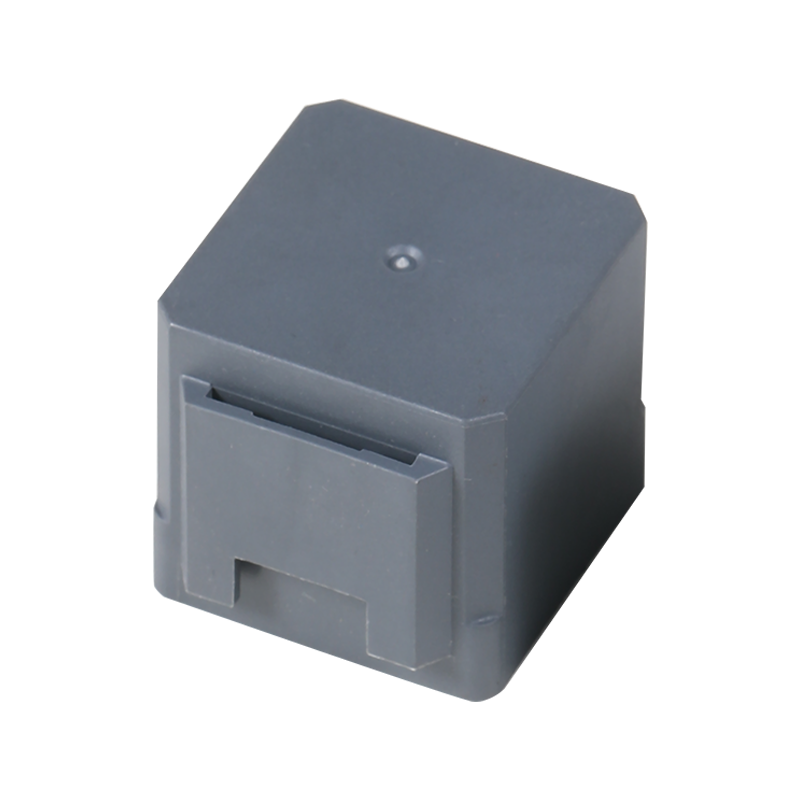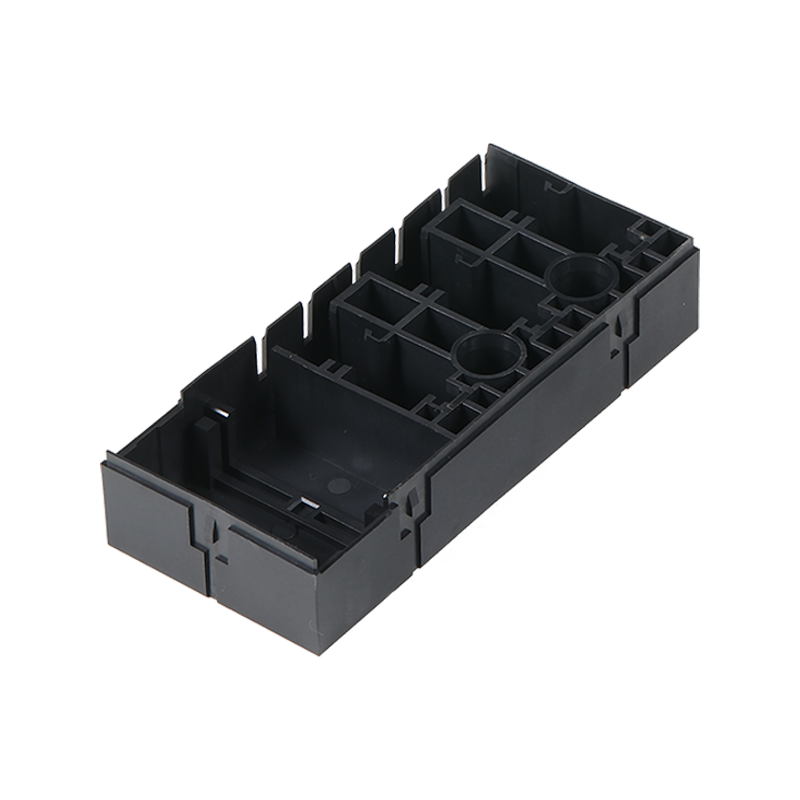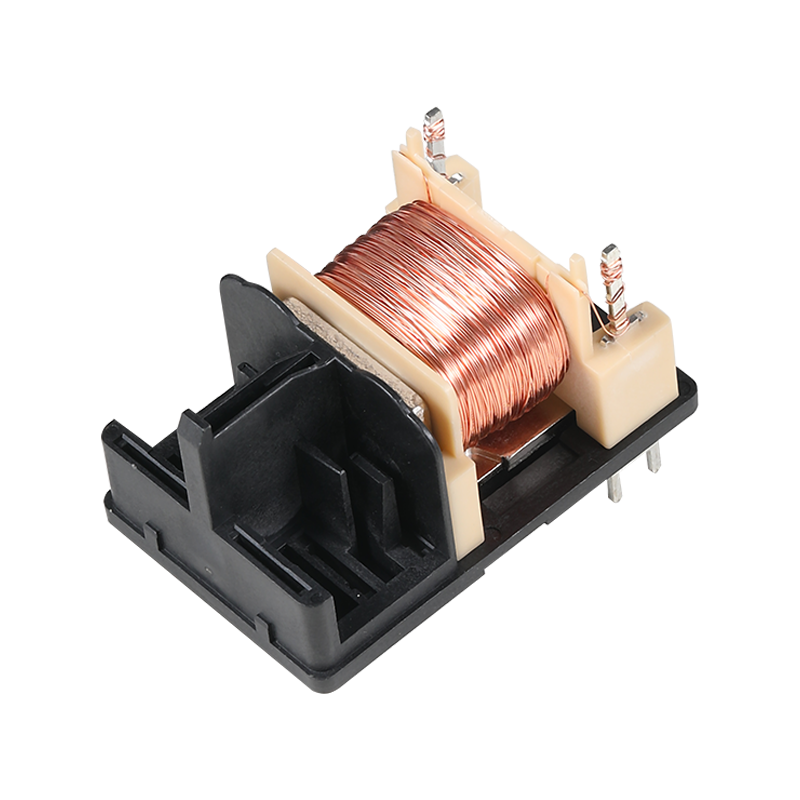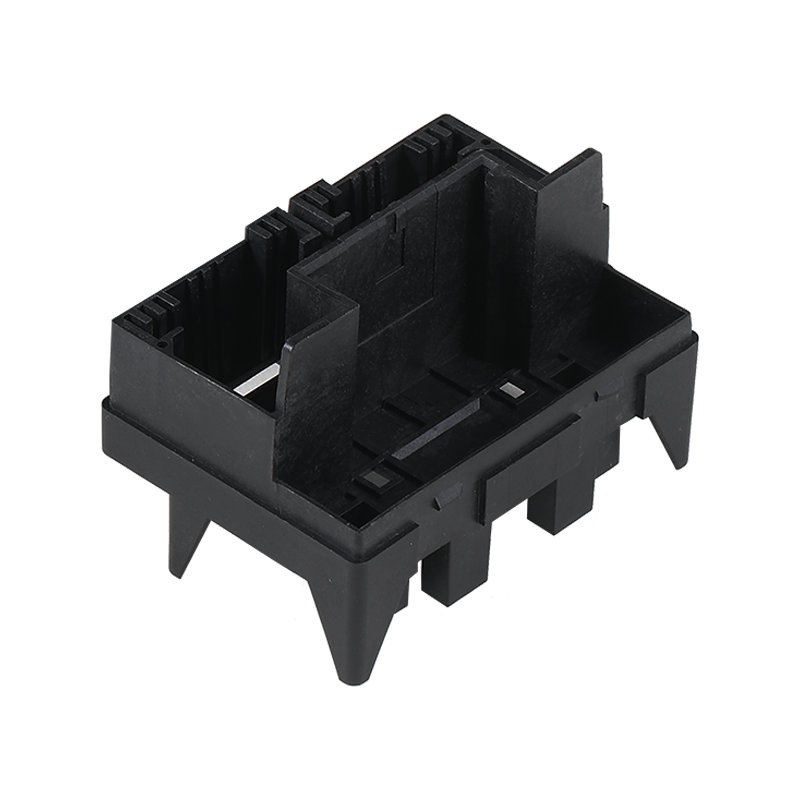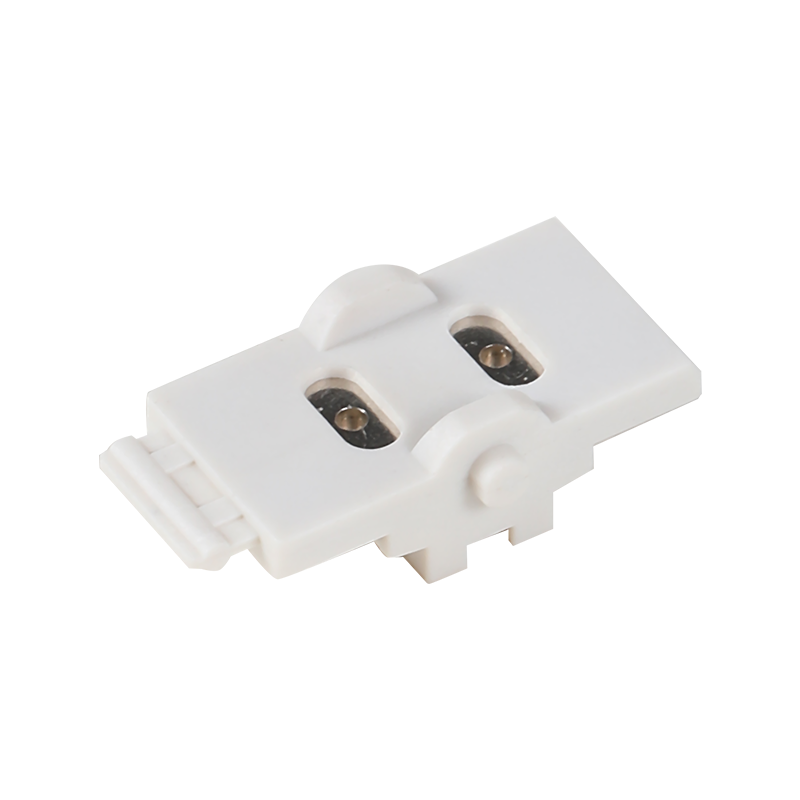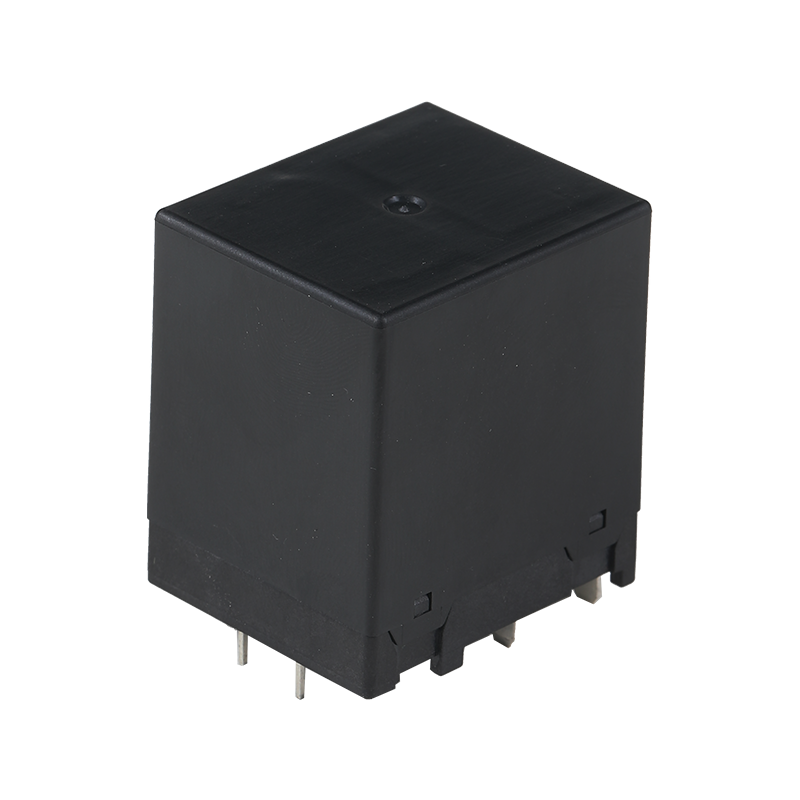
The electronics manufacturing industry continues to witness significant progress in plastic molding product technology, particularly in the production of essential components including connector components, general purpose relay components, magnetic latching relay components, and new energy relay components. These developments in plastic molding product processes are enabling manufacturers to achieve enhanced precision, improved production efficiency, and consistent quality output. The role of plastic molding product systems in fabricating these critical parts highlights their importance in contemporary industrial supply chains, especially as demand increases for more reliable and high-performance electronic devices across various sectors.
Plastic molding product technology has become fundamental to the manufacturing of connector components, which require exact dimensional accuracy and predominant surface characteristics to ensure ideal electrical conductivity and secure connections in electronic assemblies. Through refined plastic molding product techniques, manufacturers can produce connector components with complex geometries and tight tolerances, meeting the rigorous standards of industries such as automotive electronics, telecommunications infrastructure, and consumer electronics. Similarly, the production of general purpose relay components benefits substantially from advanced plastic molding product methods, which facilitate the high-volume manufacture of durable and thermally stable parts essential for circuit control and switching applications.
The development of magnetic latching relay components presents specific technical challenges due to the integration of magnetic elements and the requirement for precise alignment within compact designs. Plastic molding product technology effectively addresses these requirements by enabling the encapsulation and structural formation of these components with consistent quality and performance reliability. Moreover, the growing emphasis on sustainable energy technologies has accelerated demand for new energy relay components used in applications such as electric vehicles, solar power installations, and energy storage systems. Plastic molding product processes are crucial in creating these components, which must withstand high voltages, varying temperature conditions, and repeated operational cycles while maintaining electrical integrity.
Customized production mould solutions have further expanded the capabilities of plastic molding product applications. By utilizing digital design tools and precision engineering principles, manufacturers can develop tailored plastic molding product systems for specific client requirements, whether for connector components, general purpose relay components, magnetic latching relay components, or new energy relay components. This approach not only accelerates prototyping and production timelines but also enhances material utilization efficiency and reduces manufacturing waste. The adaptability of customized production mould configurations allows for rapid design modifications, supporting continuous improvements and innovation across various component categories.
Quality assurance in plastic molding product operations is maintained through comprehensive testing protocols and real-time monitoring systems. Each plastic molding product process for connector components, general purpose relay components, magnetic latching relay components, and new energy relay components is carefully supervised to identify variations and ensure compliance with specifications. The implementation of automated inspection technologies and data analytics in plastic molding product production lines has significantly improved reliability, reducing defects and strengthening product quality. These measures are particularly important for components deployed in safety-critical applications and high-performance environments where failure is not an option.
Looking forward, plastic molding product technology is positioned to incorporate more sustainable and intelligent manufacturing practices. Innovations including bio-based polymers, energy-efficient machinery, and artificial intelligence-driven process optimization are progressively being integrated into plastic molding product systems. As global industries increasingly depend on sophisticated electronics, plastic molding product technology will remain a cornerstone in the manufacturing landscape, enabling the creation of more compact, intelligent, and efficient components for future technological applications and market demands.

 English
English 中文简体
中文简体 русский
русский
